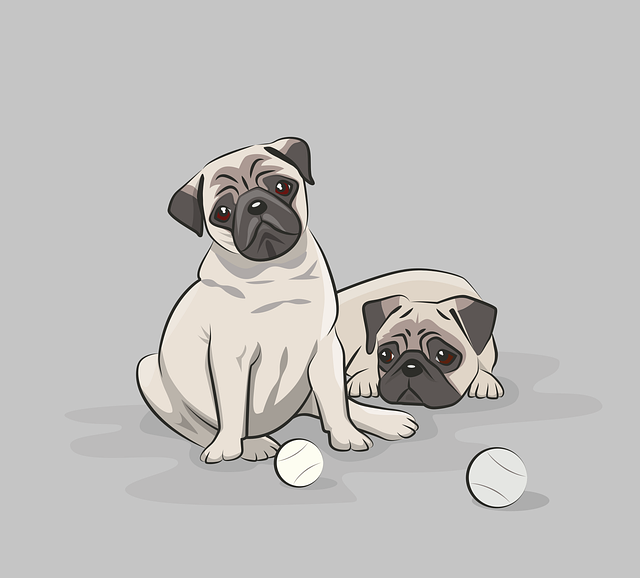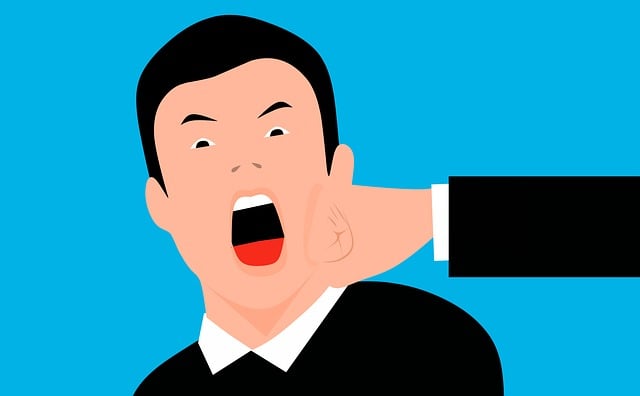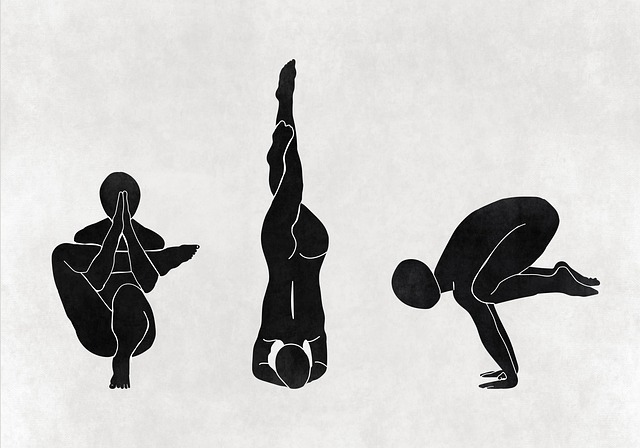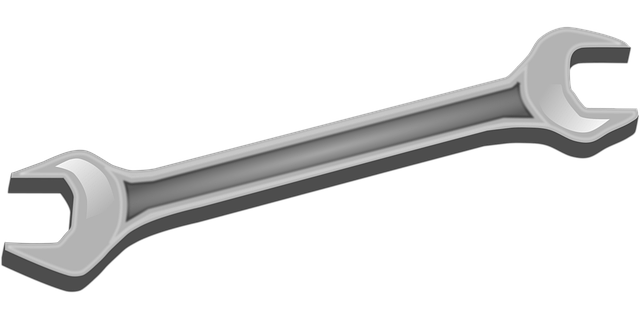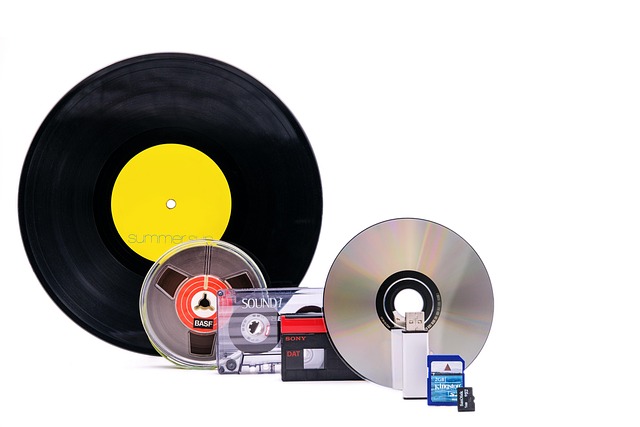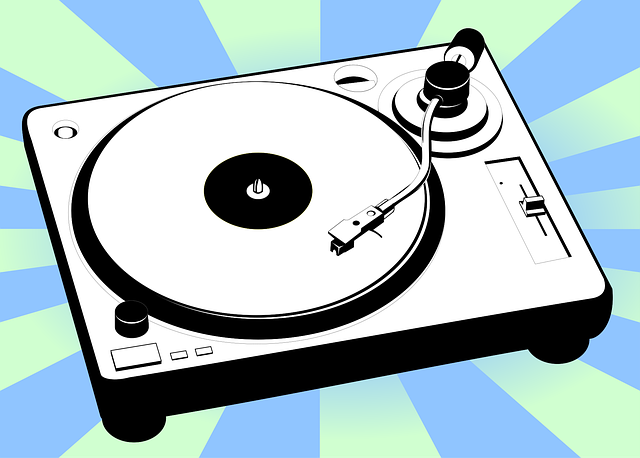Chiropractic management offers a non-surgical treatment for herniated discs caused by car crashes, utilizing adjustments and exercises to reduce nerve pressure, improve spinal stability, and promote healing. This holistic approach provides immediate relief and long-term strategies for post-crash recovery, focusing on spine alignment and mobility. To prevent future issues, regular chiropractic care, good posture, safe driving habits, core strengthening, and mindful sitting are essential.
After a car crash, understanding herniated discs is crucial. These spinal injuries can cause significant pain and discomfort. In this article, we explore comprehensive solutions for herniated disc treatment after a car crash, focusing on chiropractic management as a non-surgical approach. Learn about effective recovery strategies and preventive measures to mitigate the risk of future accidents. Discover how chiropractic care can help you regain mobility and alleviate post-crash symptoms.
- Understanding Herniated Discs After a Car Crash
- Chiropractic Management: Non-Surgical Approach
- Recovery and Prevention Strategies for Future Accidents
Understanding Herniated Discs After a Car Crash
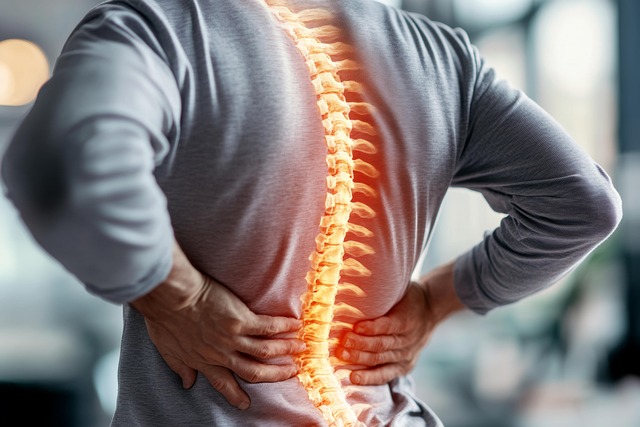
After a car crash, it’s not uncommon for individuals to experience back pain and discomfort, which could be attributed to a herniated disc. A herniated disc occurs when the soft, gel-like material inside an intervertebral disc pushes through a tear in its outer layer, potentially compressing nearby nerves. In the context of a car crash, the sudden impact can cause these discs to shift or rupture, leading to nerve irritation and pain.
Chiropractic management is often a recommended approach for treating herniated discs post-car crash. Chiropractors utilize various techniques such as spinal adjustments, targeted exercises, and therapy to alleviate pressure on affected nerves, promote disc healing, and restore range of motion. This non-invasive method aims to reduce pain, improve mobility, and prevent further damage, offering a gentle yet effective solution for individuals seeking recovery after a vehicular accident.
Chiropractic Management: Non-Surgical Approach
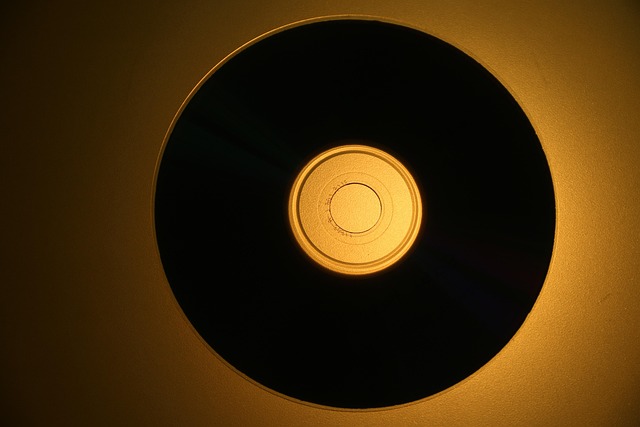
Chiropractic management offers a non-surgical approach for individuals suffering from herniated discs following a car crash. Skilled chiropractors employ various techniques to alleviate pain and promote healing. These may include manual adjustments, targeted exercises, and therapeutic modalities like heat or cold therapy. The primary goal is to reduce nerve irritation, improve spinal stability, and restore the body’s natural self-healing mechanisms.
By focusing on the alignment and mobility of the spine, chiropractic care aims to support the recovery process without invasive procedures. This holistic method not only provides immediate relief but also equips patients with long-term strategies for managing their condition, ensuring better overall health post-car crash.
Recovery and Prevention Strategies for Future Accidents

After a car crash, proper recovery and prevention strategies are crucial for managing herniated discs. Chiropractic management plays a significant role in treating these injuries by focusing on restoring spinal alignment and reducing pain. Through adjustments and specialized treatments, chiropractors can help alleviate pressure on affected nerves, promoting healing and improving mobility.
To prevent future accidents and further damage, it’s essential to maintain regular chiropractic care, practice good posture, and engage in safe driving habits. Strengthening core muscles through exercises recommended by healthcare professionals can also reduce the risk of disc herniation. Additionally, being mindful of one’s sitting position and taking breaks during long drives can significantly contribute to overall spinal health and well-being.
After a car crash, understanding and addressing herniated discs is crucial for a full recovery. Chiropractic management offers a non-surgical approach, using specialized techniques to reduce pain and promote healing. By implementing effective recovery strategies and preventive measures, individuals can not only manage symptoms but also reduce the risk of future accidents causing similar injuries. For those dealing with herniated discs post-car crash, seeking professional care and adopting proactive measures are key steps towards a healthier, pain-free life.
